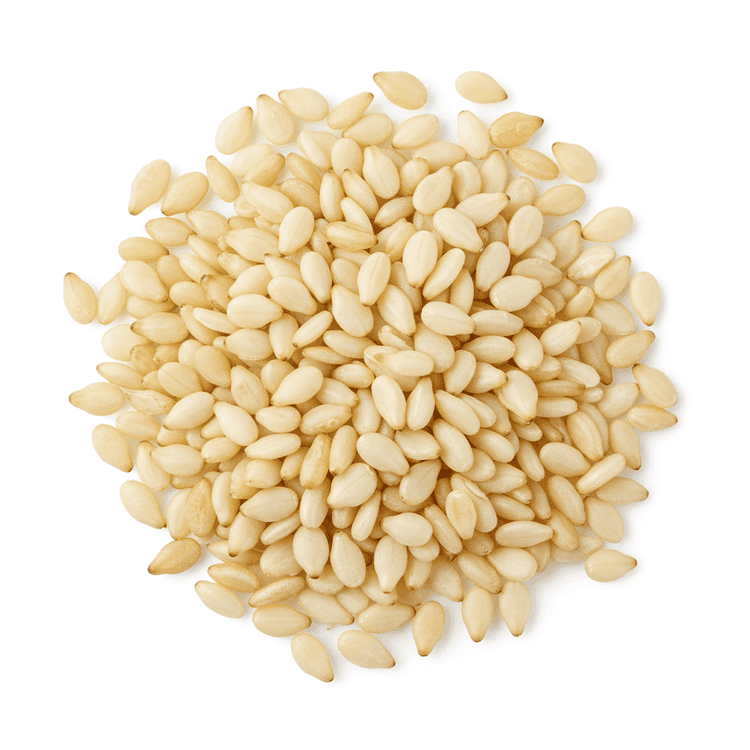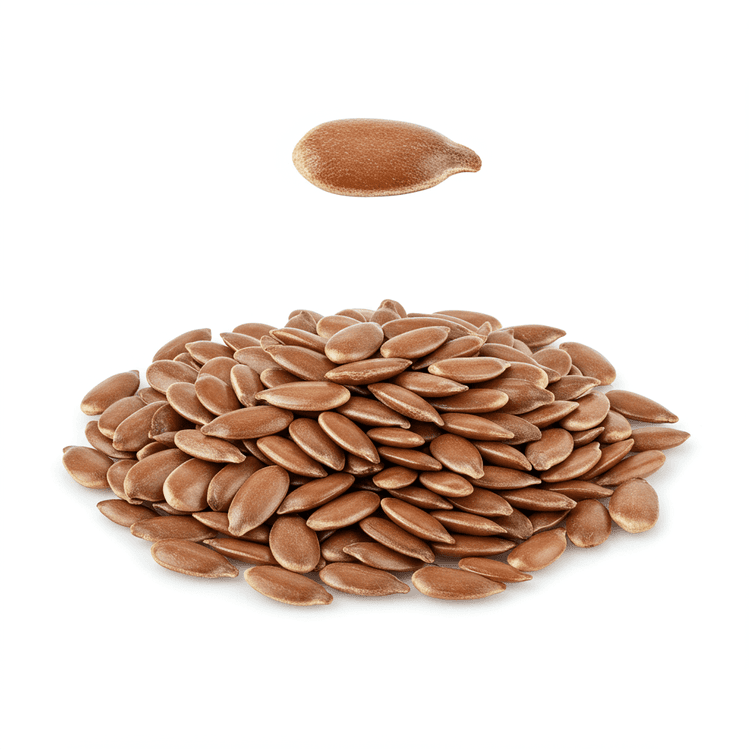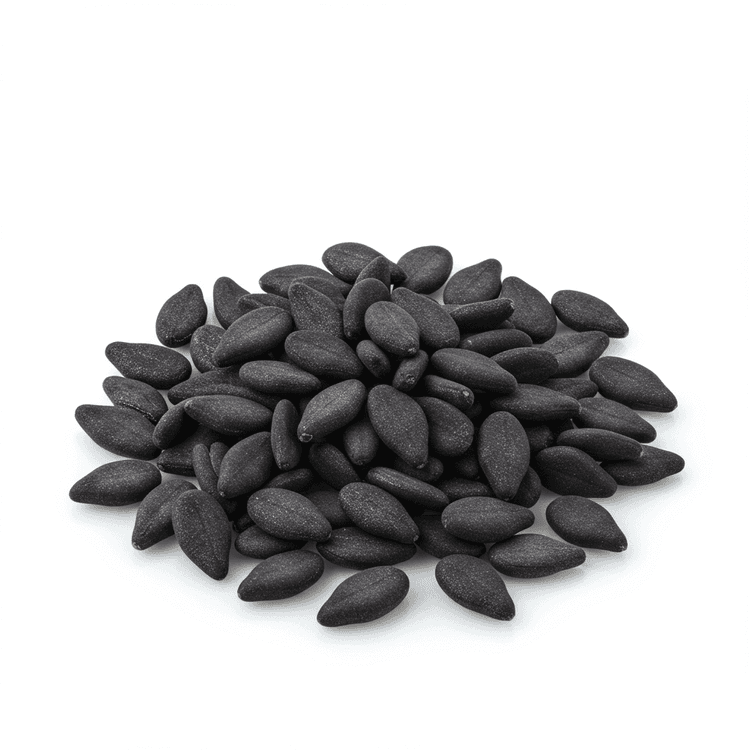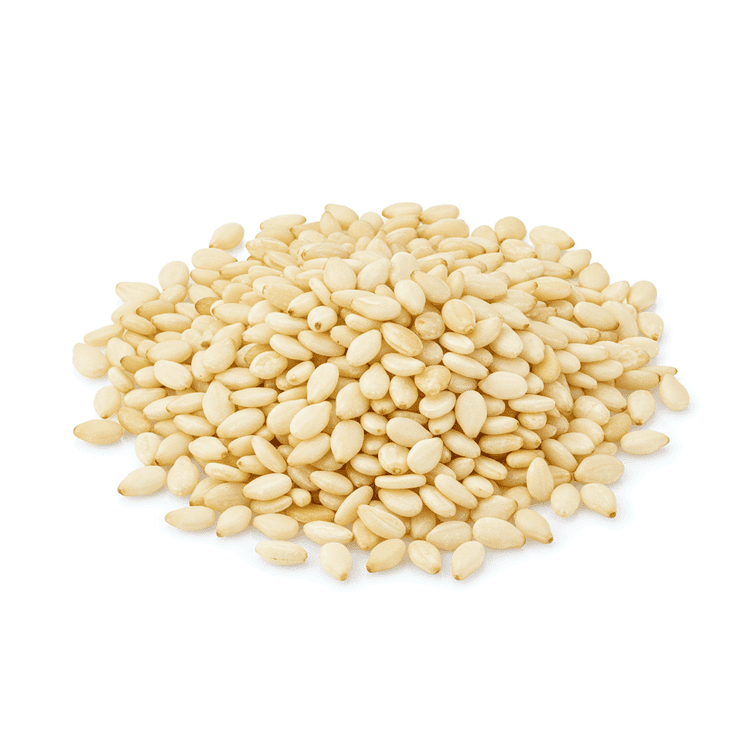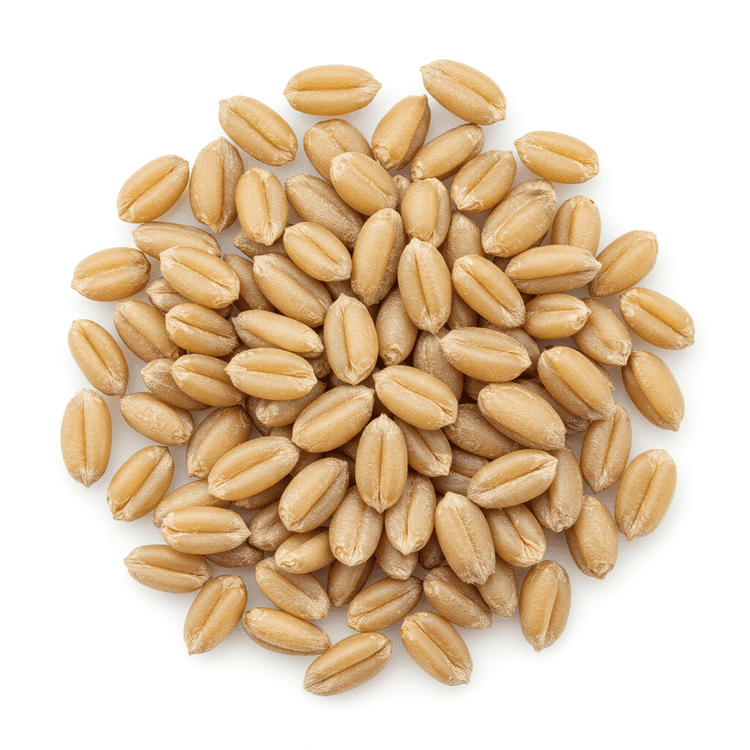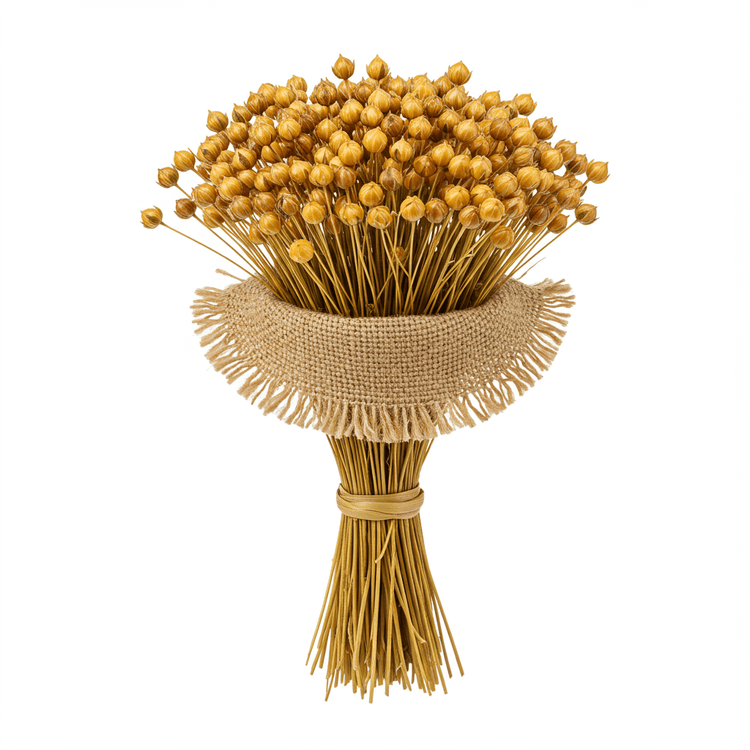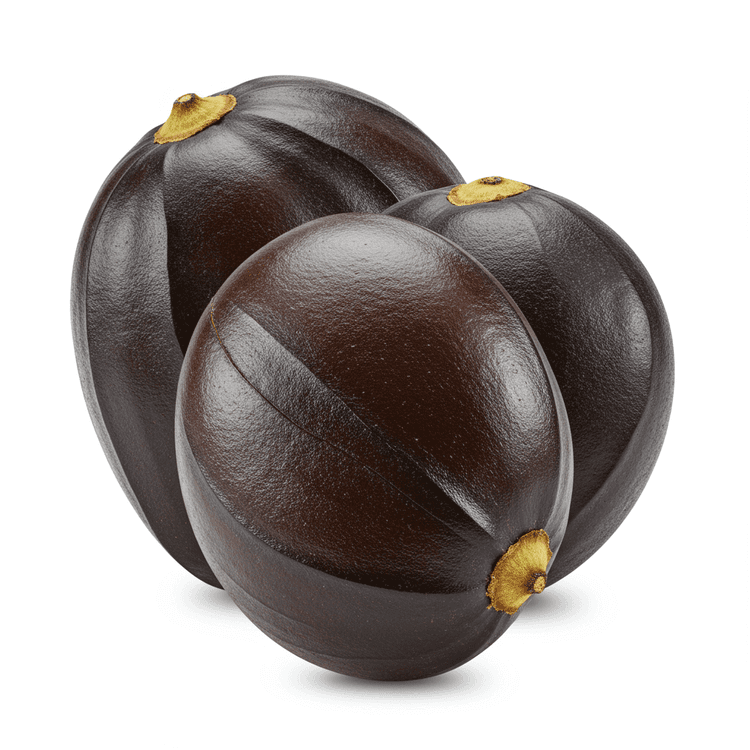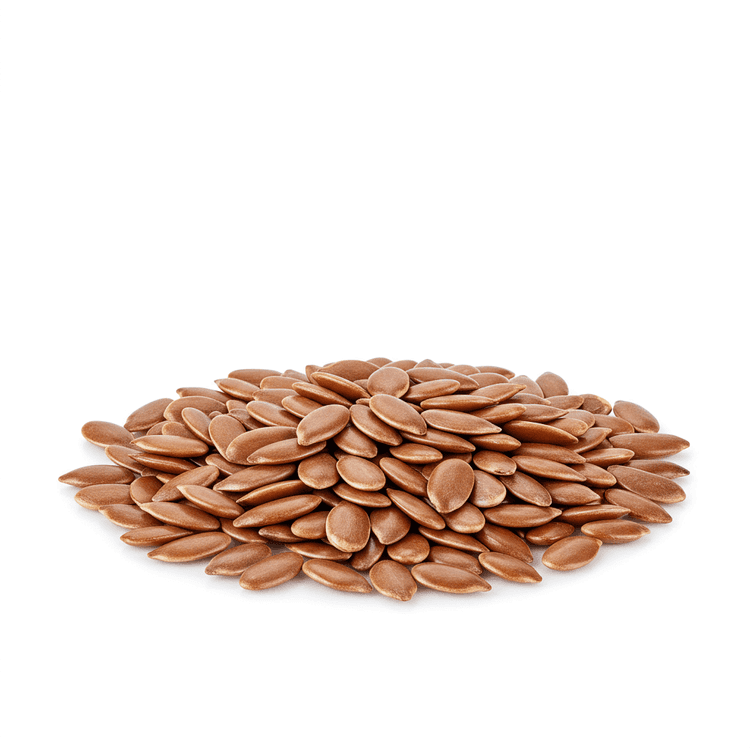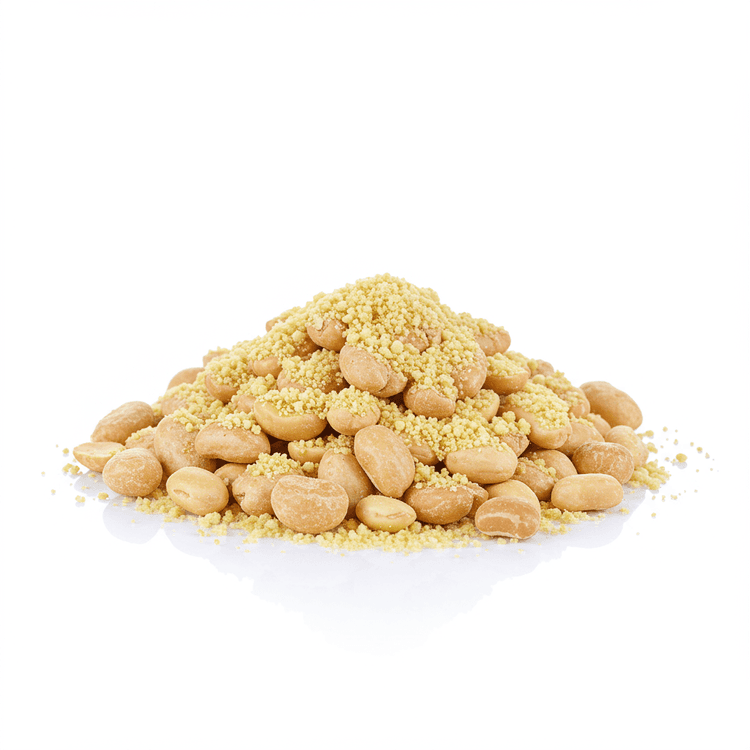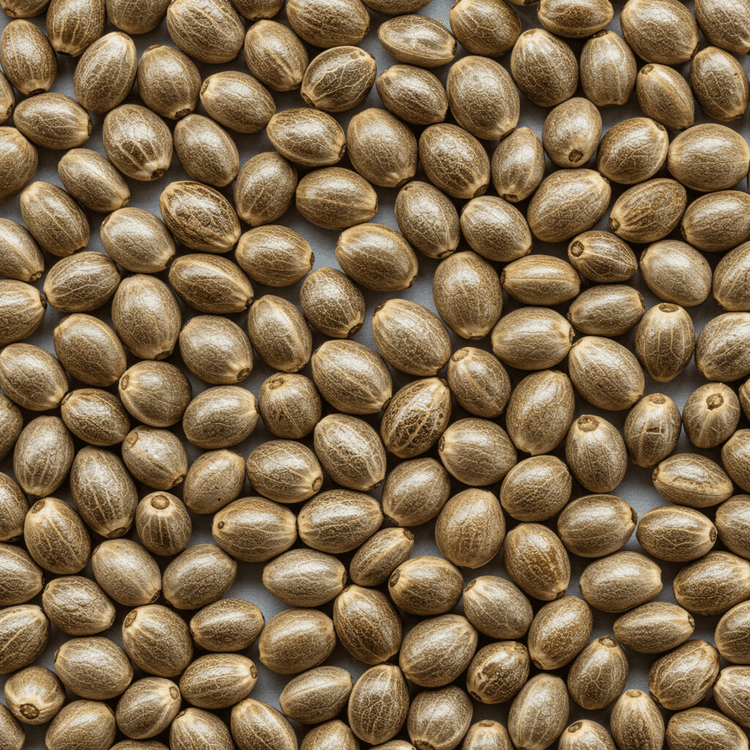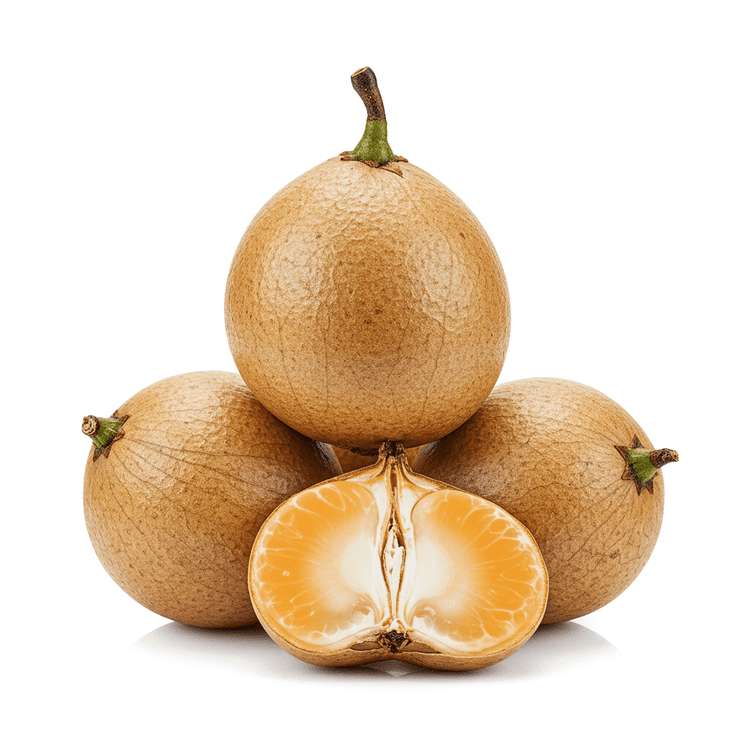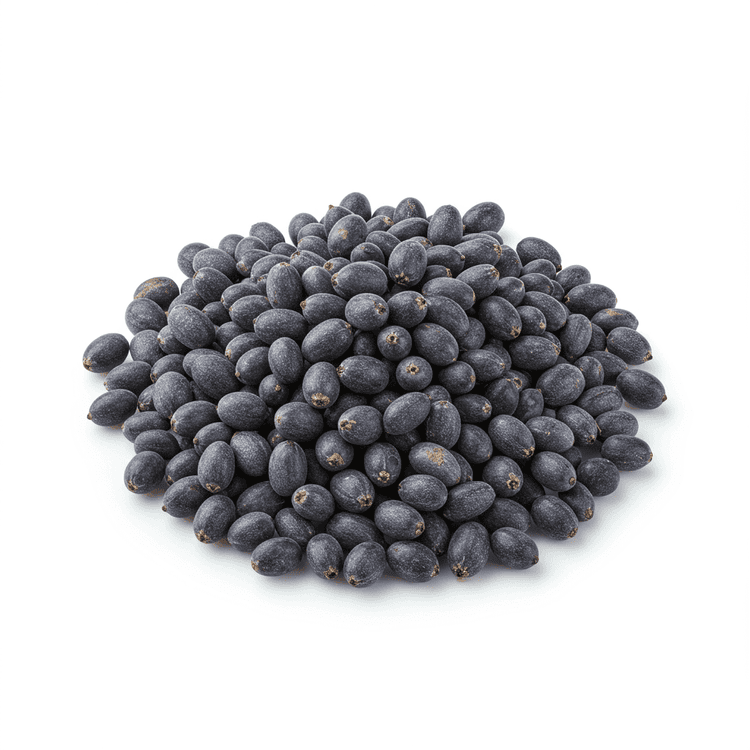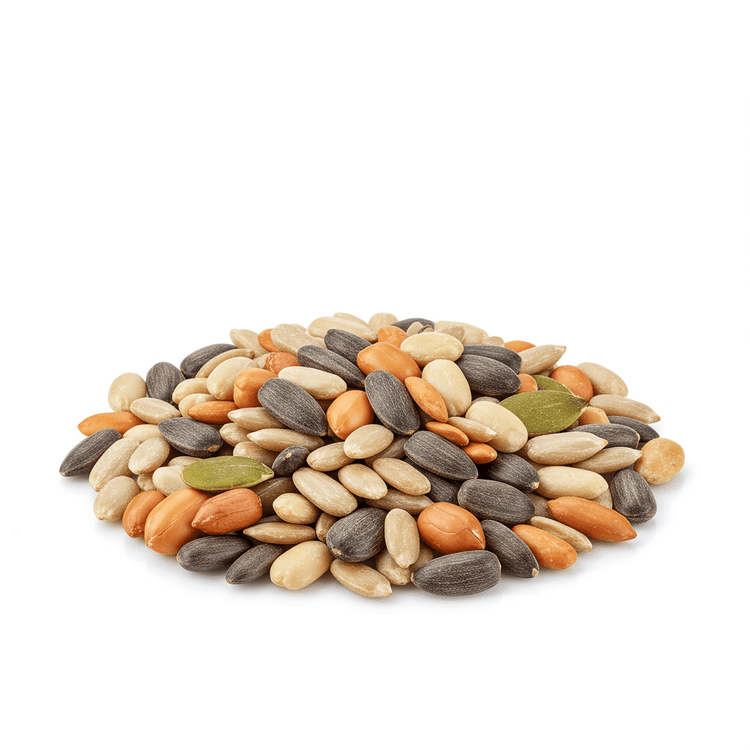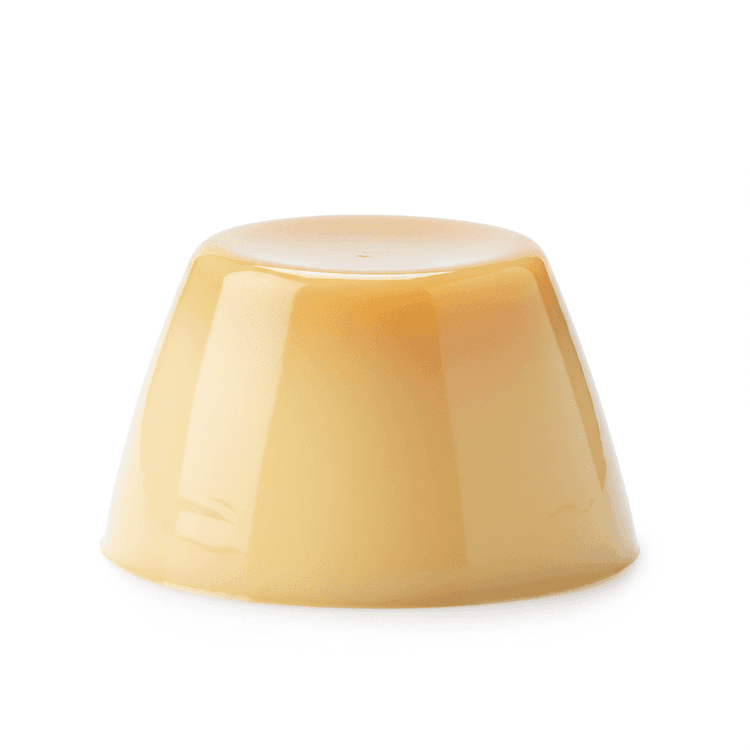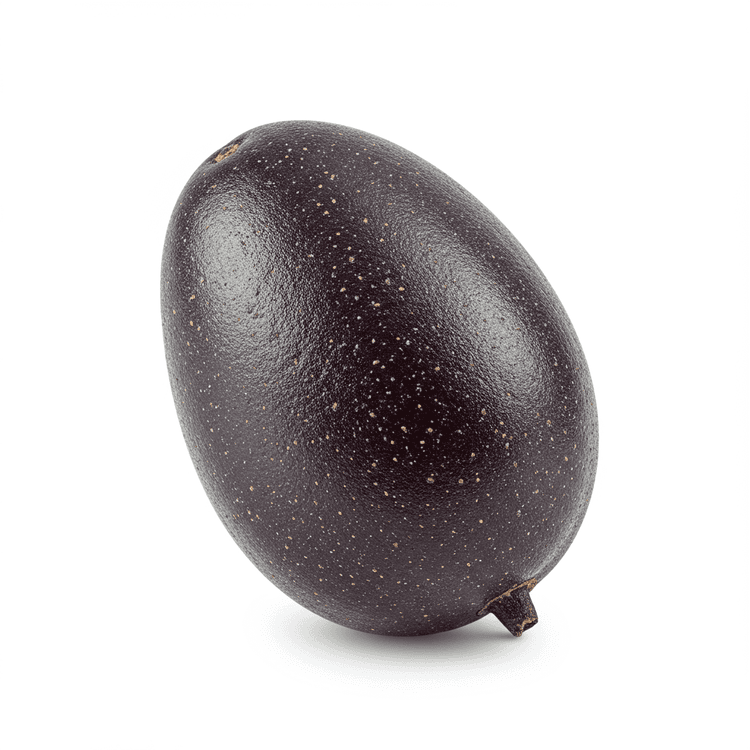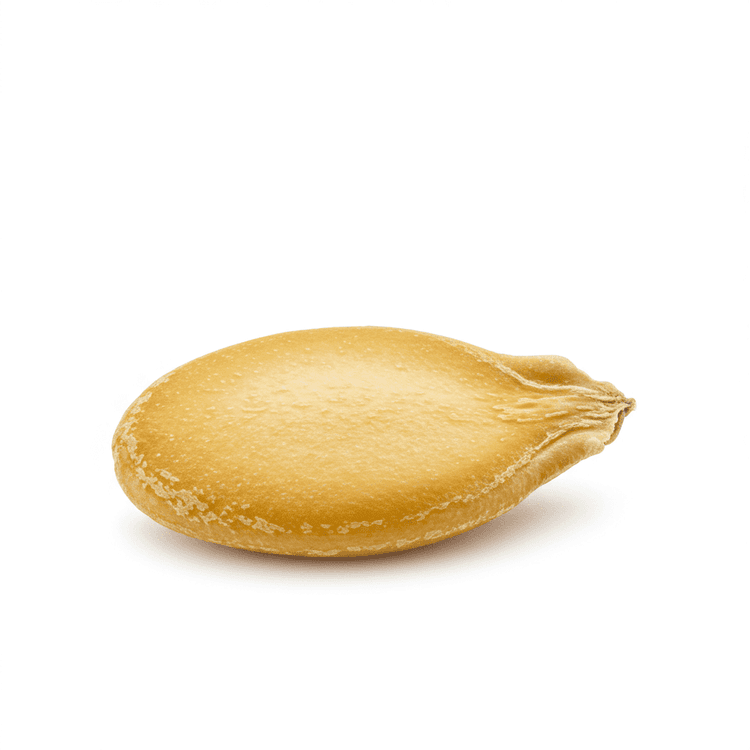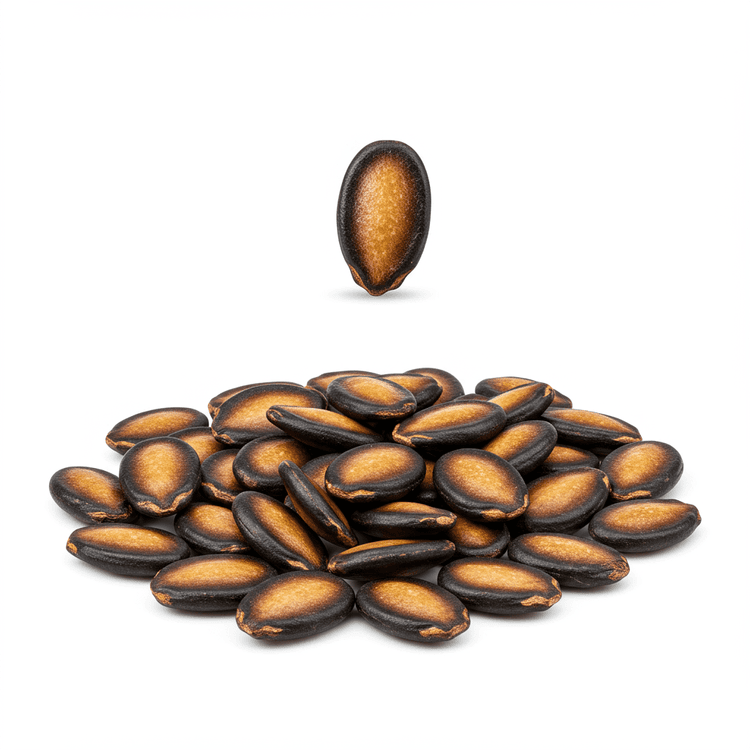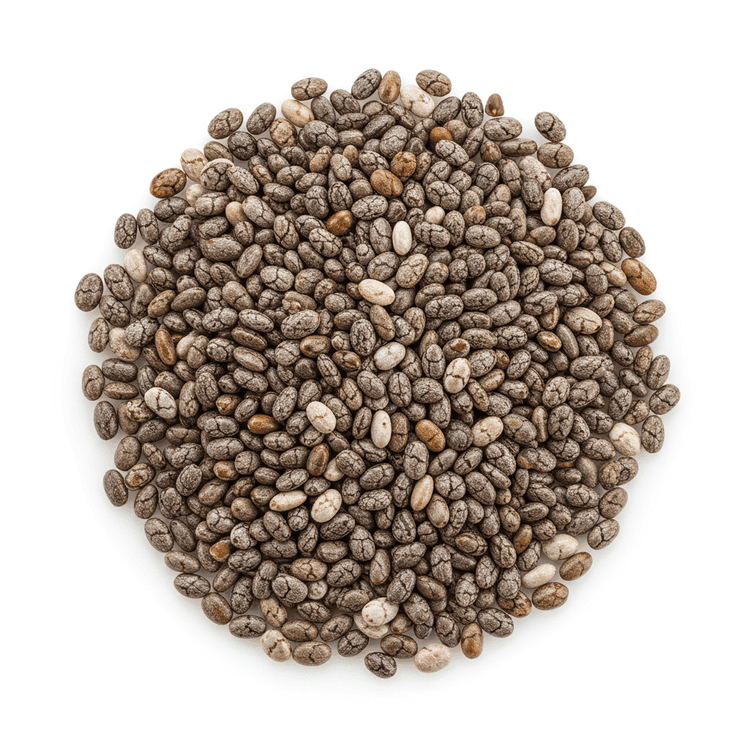
Chia Seed
Chia seeds are tiny, oval-shaped seeds that are naturally gluten-free and packed with nutritional benefits. These versatile seeds range in color from white to brown to black and have a mild, nutty flavor. When soaked in liquid, chia seeds absorb the moisture and form a gel-like consistency, making them a popular ingredient for adding thickness and texture to various dishes. Their nutritional profile boasts high levels of fiber, omega-3 fatty acids, protein, and antioxidants, making chia seeds a healthy and convenient addition to any diet. Looking to boost your fiber intake? Incorporate chia seeds for improved digestion and overall well-being. Discover the many culinary uses of nutrient-rich chia seeds today!
Common Uses
- Chia seeds are frequently added to smoothies and shakes to boost their nutritional content and create a thicker, more satisfying texture. Simply blend in a tablespoon or two for added fiber, protein, and healthy fats.
- Chia seed pudding is a simple and delicious breakfast or dessert made by soaking chia seeds in milk (dairy or non-dairy) with sweeteners and flavorings. Allow the mixture to sit for a few hours or overnight until it thickens into a pudding-like consistency.
- As a vegan egg replacement, chia seeds can be mixed with water to form a gel that binds ingredients together in baking recipes. Use about 1 tablespoon of chia seeds mixed with 3 tablespoons of water to replace one egg.
- Chia seeds can be sprinkled on top of salads, yogurt, or oatmeal to add a subtle crunch and a boost of nutrients. Their mild flavor makes them a versatile topping that complements a variety of dishes.
- Mixed into homemade granola bars or energy balls, chia seeds contribute both texture and binding properties, helping to hold the ingredients together while adding valuable fiber and nutrients.
- Chia seeds can be used as a natural thickener for jams and sauces. Their gelling properties help to create a thicker consistency without the need for cornstarch or other artificial thickeners.
Nutrition (per serving)
Nutrition (per serving)
Calories
486.0kcal (24.3%)
Protein
16.5g (33.08%)
Carbs
42.1g (15.32%)
Sugars
0.0g
Healthy Fat
43.8g
Unhealthy Fat
3.5g
% Daily Value based on a 2000 calorie diet
Nutrition (per serving)
Calories
486.0kcal (24.3%)
Protein
16.5g (33.08%)
Carbs
42.1g (15.32%)
Sugars
0.0g
Healthy Fat
43.8g
Unhealthy Fat
3.5g
% Daily Value based on a 2000 calorie diet
Health Benefits
- Excellent source of omega-3 fatty acids, promoting heart health.
- High in fiber, aiding digestion and promoting gut health.
- Rich in antioxidants, helping protect against cell damage.
- Good source of plant-based protein, supporting muscle growth and repair.
- May help regulate blood sugar levels, beneficial for diabetes management.
- Contains essential minerals like calcium and magnesium, contributing to bone health.
Substitutes
Chefadora AI is here.
Experience smarter, stress-free cooking.
Storage Tips
Chia seeds should be stored in an airtight container in a cool, dark, and dry place. When stored properly, they can last for several years. Avoid storing them in areas with high humidity or direct sunlight, as this can cause them to spoil or lose their nutritional value. You can also store chia seeds in the refrigerator to extend their shelf life, particularly in warmer climates.
Marnirni-apinthi Building, Lot Fourteen,
North Terrace, Adelaide, South Australia, 5000
Australia
